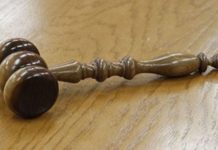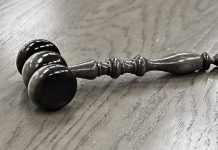
Oct. 12 (UPI) — A federal judge ruled this week that a provision in the U.S. tax code that gives religious leaders a tax exemption for housing was unconstitutional.
The ruling marked the second time since 2013 the tax exemption, which has been in law since 1954, was ruled unconstitutional by a federal judge. The tax exemption was originally challenged by the Freedom From Religion Foundation, which won both rulings.
“I concluded that the provision violates the establishment clause because it provides a benefit to religious persons and no one else, even though doing so is not necessary to alleviate a special burden on religious exercise,” wrote U.S. District Judge Barbara Crabb.
“In reaching this conclusion, I do not mean to imply that any particular minister is undeserving of the exemption or does not have a financial need for one,” Crabb added. “The important point is that many equally deserving secular employees (as well as other kinds of religious employees) could benefit from the exemption as well, but they must satisfy much more demanding requirements despite the lack of justification for the difference in treatment.”
After the FFRF won its case in 2013, the the 7th U.S. Circuit Court of Appeals reversed the ruling reversed the ruling because the organization had never been denied the tax exemption and ruled it didn’t have grounds to file the lawsuit.
The FFRF then applied for the exemption, was denied, and challenged it again last year, leading to Crabb’s decision and ultimately a repeat of her original ruling.
“Some might view a rule against preferential treatment as exhibiting hostility toward religion, but equality should never be mistaken for hostility,” Crabb wrote in her 2013 ruling. “It is important to remember that the establishment clause protects the religious and nonreligious alike.”






